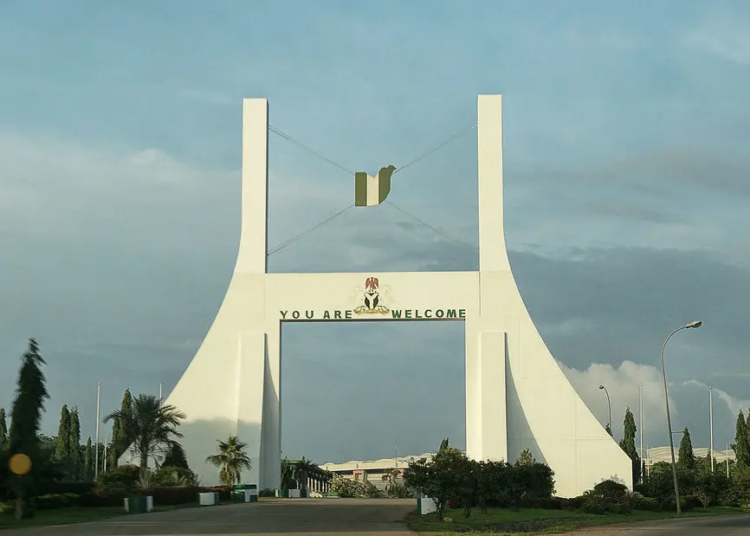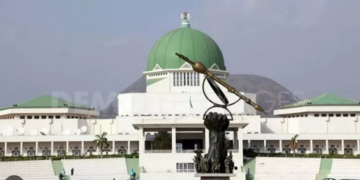Indigenous advocacy groups representing the original inhabitants of the Federal Capital Territory (FCT) have demanded an end to what they described as Nigeria’s ‘domestic colony,’ calling for the immediate upgrade of Abuja to the status of the 37th state of the federation.
They also called for the creation of two additional senatorial districts, eight new local governments and 12 new federal constituencies to reflect the FCT’s population and engender porper representation.
The Abuja Original Inhabitants Youth Empowerment Organisation (AOIYEO) and the FCT-Stakeholders Assembly made the demand at a press conference, saying the current governance structure has constitutionally sentenced them to second-class citizenship.
The groups cited a recent Supreme Court judgment to back up the demand for a full statehood to end the constitutional discrimination of the FCT.
The programme manager for AOIYEO, Annis Adegbe, decried decades of systemic neglect in which the Original Inhabitants of Abuja have suffered historical marginalisation.
“Abuja can only truly represent the unity of Nigeria when its foundation, the rights and dignity of its Original Inhabitants, is recognised and protected,” she said.
Adegbe outlined key demands, including the establishment of the office of an executive governor, a State House of Assembly and an Abuja Original Inhabitants Development Commission to address developmental deficits.
“The FCT must be granted full political and administrative autonomy to allow residents and indigenous people to participate meaningfully in governance and local decision-making processes,” she said.
Also, the president of the FCT-Stakeholders Assembly, Aliyu Daniel-Kwali, said they observed that the Nigerian constitution has created a domestic colony out of the FCT, effectively making the original inhabitants of the nation’s and the residents like indentured servants of metropolitan Nigeria.
“Denying over six million Nigerians the right to vote and be voted for during governorship and state legislative elections is clearly a discrimination. This is clearly discrimination on the basis of our place of birth, our place of residence, and our place of origin,” he said.





